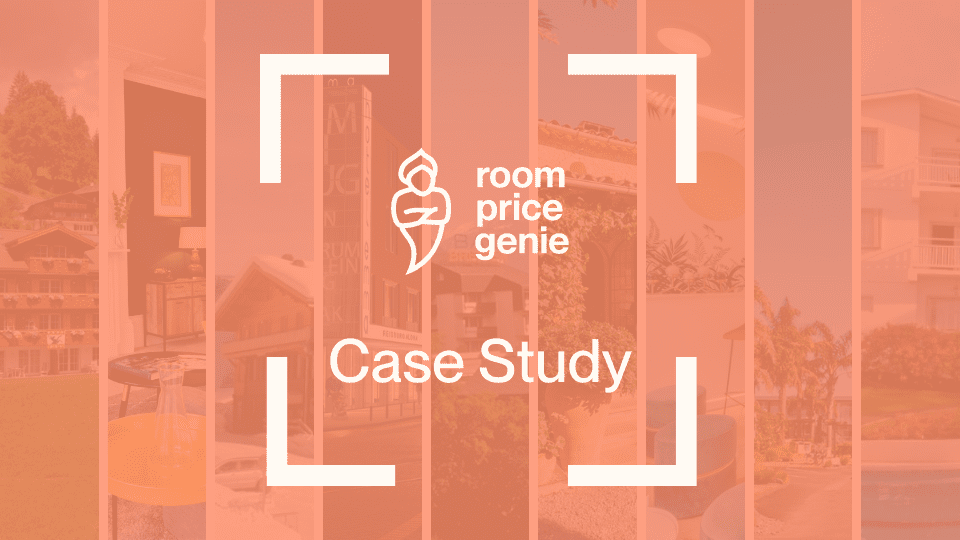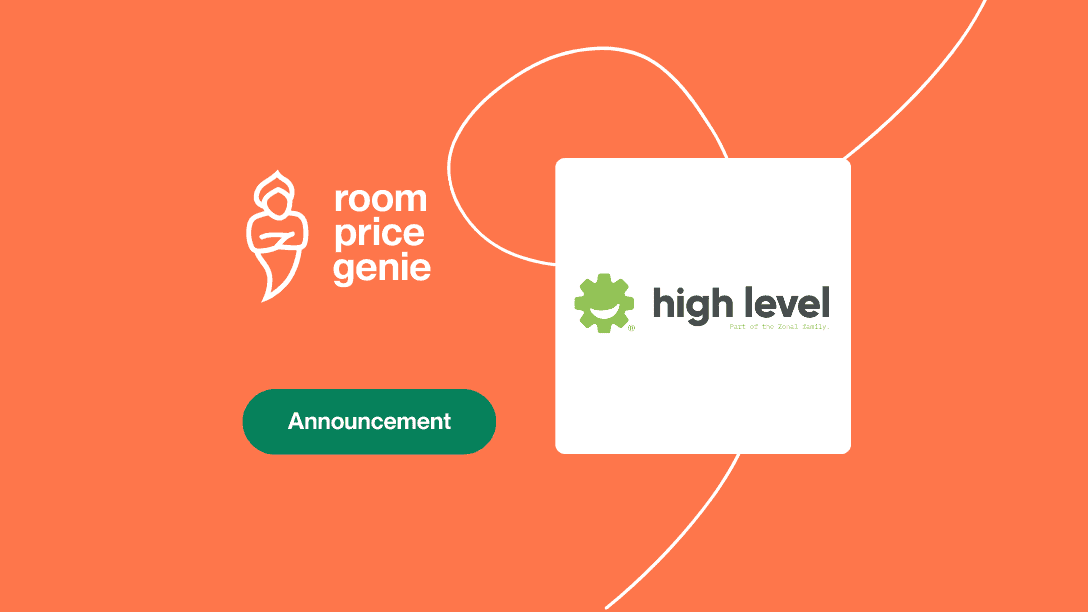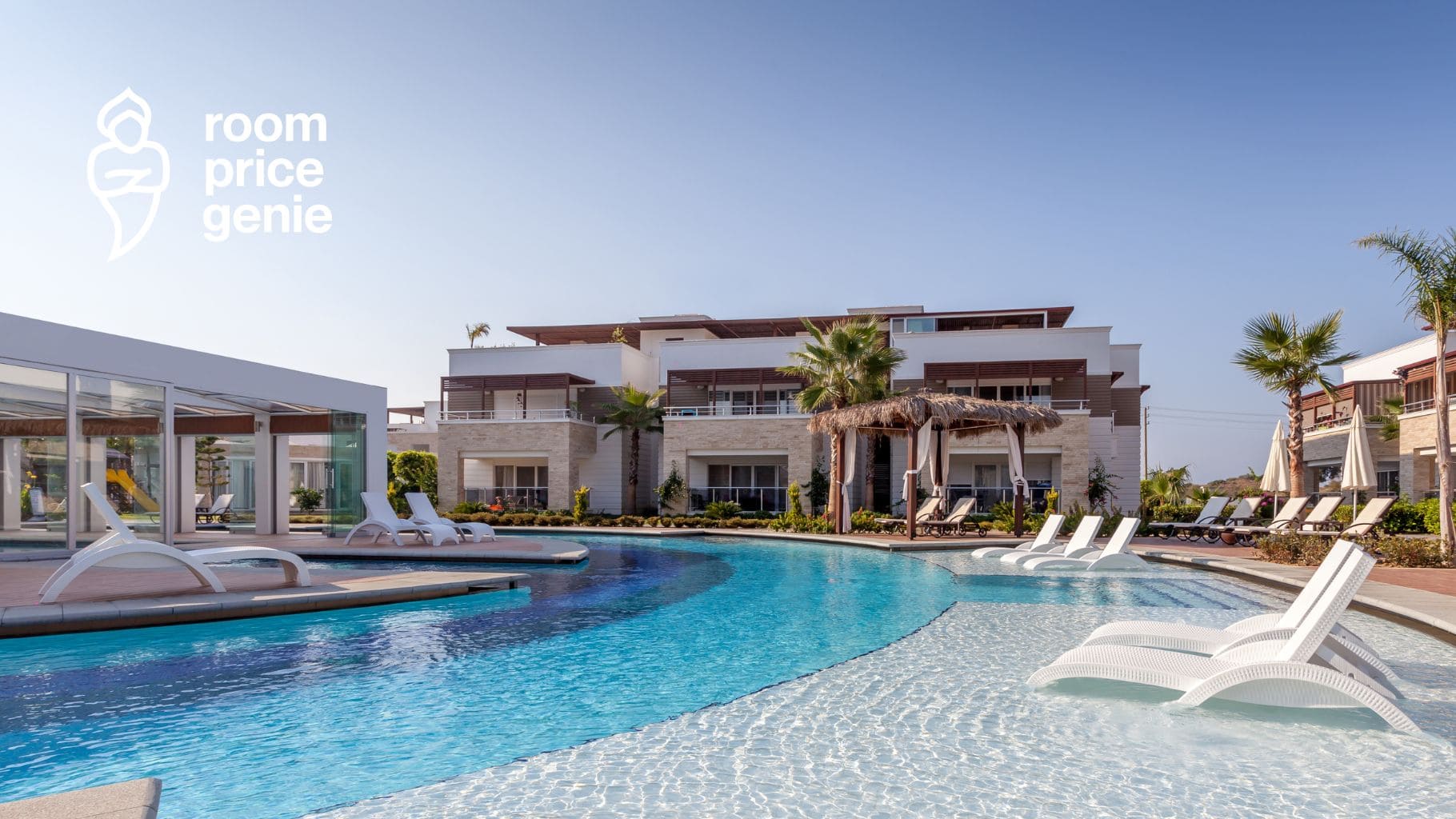There’s a saying: “You know you’re priced right when your customers complain – but buy anyway.” While giving guests reasons to complain is not an ideal way to run a hospitality business, there is some truth to this sentiment.
Hoteliers generally tend to price rooms lower than they need to, fearing they will lose potential bookings or receive bad reviews.
Research shows that when shoppers perceive a price as unfair, it activates the part of the brain that registers pain, which can reduce the likelihood of purchase and lead to complaints and bad reviews. On the other hand, when shoppers perceive a price as fair, it activates the part of the brain linked with pleasure.
So, while you want your pricing to be perceived as fair, it’s also important to recognize that travelers aren’t as rate sensitive as you might think. Over the past two years, even though hotel room rates have increased substantially, guest ratings have actually improved.
Travelers understand that hotel room rates can fluctuate, and they expect to pay higher prices during busier times. For hotels, the primary goal of smart revenue management is to find the optimal balance between average rate and occupancy that maximizes revenue – while also keeping guests happy.
That’s the sweet spot in hotel pricing strategy.
How Do You Know If Your Hotel Is Priced Right?
One of the biggest challenges for independent hotels—and often one of the greatest sources of anxiety—is trying to decide if you’re making the right pricing decisions. Are your rates too high or too low? For answers, look for these signs.
Priced Too Low
- Your booking pace is above normal.
- You’re selling out more quickly than competitors.
- Guests are raving about what a good deal your hotel is.
- Recent review ratings are higher than normal.
Priced Too High
- Your booking pace is below normal.
- Your competitors are selling out before you.
- Guests are complaining about prices or value.
- Recent review ratings are lower than normal.
Boosting Hotel Value Perception
It’s important to pay attention to the signals, but try not to overreact. If guests occasionally complain about pricing but your booking pace remains strong, it’s not enough reason to change your entire pricing strategy. Look for ongoing patterns.
And remember, there are ways to boost value perception without lowering rates:
- Provide consistently high standards of service and quality commensurate with pricing.
- Set realistic expectations of the guest experience and strive to exceed them.
- Provide value-added amenities and services such as an upgrade, welcome gift, or free breakfast, Wi-Fi, or parking.
Automated Pricing Software: Taking the Guesswork Out of Rate Decisions
Automated pricing software takes the guesswork and emotion out of pricing decisions, helping busy hoteliers make better rate decisions while also freeing them up to focus on other tasks. Here are just a few of the benefits.
Easy to use. Unlike complex and costly revenue management systems (RMSs), pricing software is quick to learn, simple to operate, and designed especially for smaller, independent properties. It requires only a few hours of a hotelier’s time each week.
Optimized pricing. The solution collects market demand data, competitor rates, and internal demand data, factoring it into its powerful algorithms to produce the optimal rate for every guest.
Automated pricing decisions. Pricing is customized by room category, lead time, and length of stay, capturing the maximum value from every booking.
24/7 dynamic pricing. Pricing is automatically updated in the PMS several times a day, every day, including weekends, for up to 18 months in advance.
More flexibility. Choose between full automation and recommendation mode, which allows the user to review rates and make adjustments manually before uploading them to the PMS.
Greater control. The hotel retains full control over pricing objectives and strategies, sets the minimum and maximum rates, and can select fixed pricing and the preferred level of aggressiveness.
More revenue. With automated pricing, hotels have the data and tools they need to exceed revenue objectives, earning 22 percent more revenue on average year over year.
Realize Your Revenue Potential
A hotel is a big investment. With smart pricing strategies, you will have more confidence you aren’t underpricing rooms and leaving money on the table or overpricing rooms and losing bookings. Pricing is optimized every day, leaving you more time to care of guests, support your team, and run a successful property. Now that is sweet.
Want to learn more? Check out Hotel Pricing Strategies, A Guide for Independent Hotels.






